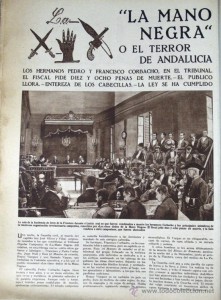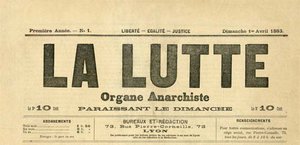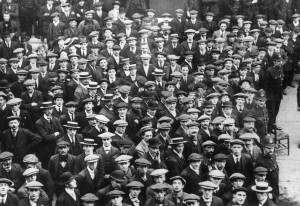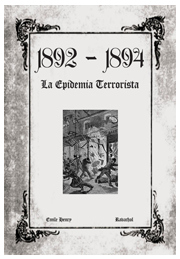“En 1883 el público español por primera vez tuvo noticias de una serie de delitos cometidos por una misteriosa organización clandestina llamada la Mano Negra en las provincias de Cádiz y Sevilla. Esa agrupación, arraigada en el Sur agrario, fue acusada por las autoridades de querer derribar el Gobierno español y eliminar la aristocracia terrateniente de Andalucía, recurriendo incluso a los medios más extremos y violentos.
Organizada como una sociedad secreta rural, la Mano Negra se convirtió en la imagen popular de lo que un grupo de trabajadores podía llegar a hacer bajo la influencia de la Asociación Internacional de Trabajadores (A.I.T.) y de la ideología anarquista que predicaba la reforma agraria y la transformación del orden social existente.”
Enlace [PDF]: José Luis Gutiérrez Molina – La construcción de un mito. La Mano Negra
Enlace [PDF]: Clara E. Lida – La Mano Negra (Anarquismo agrario en Andalucía)
Enlace [PDF]: Juan Madrid – La Mano Negra. Caciques y señoritos contra los anarquistas
Enlace [EPUB]: Juan Madrid – La Mano Negra. Caciques y señoritos contra los anarquistas
Enlace [PDF]: Pepe Maestre – La Mano Negra









